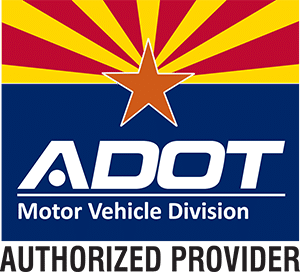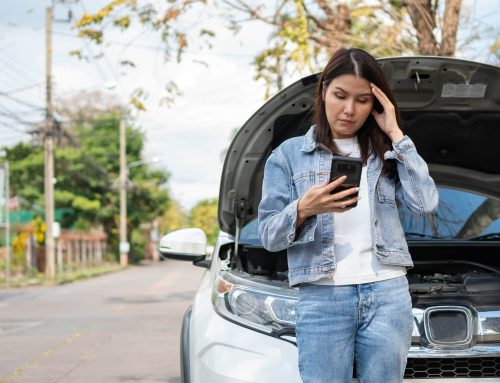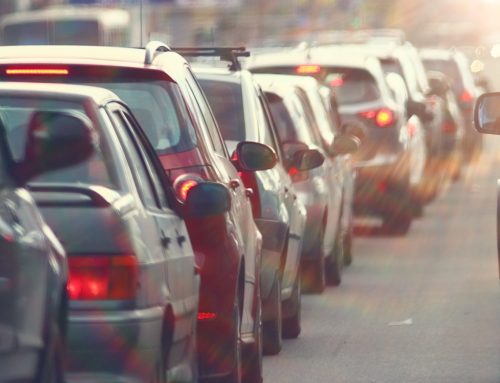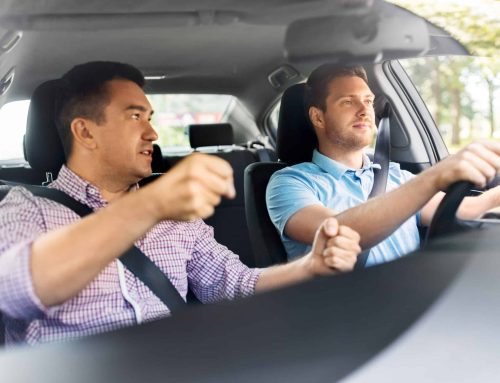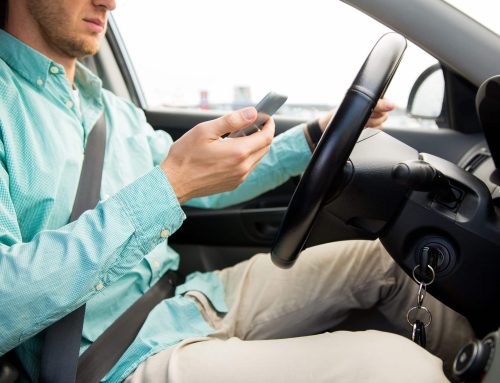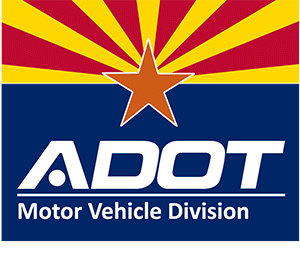What to Do If You Witness a Car Accident
You’ve just witnessed an accident. What do you do now? Do you call the police? Do you give emergency medical aid? Here’s what to do (and what not to do) if you find yourself at the scene of a collision.
Call 911
You might wonder whether to call 911, especially if you weren’t directly involved. No matter the severity of the collision, the best thing to do is safely pull over or park your car and call for emergency assistance (and don’t assume that somebody else already has). The 911 operator will be able to determine the extent of the emergency and send out assistance.
Make Sure You’re Safe
You are not obligated to get out of your car and assist, so deciding to approach the scene is a judgment call. If you decide to do so, you should always put your own safety first. Before getting out of your car, take a deep breath and ensure that you’re parked in a safe space and that the road conditions won’t put you in harm’s way.
Offer Support (If You Feel Comfortable)
Once you’ve checked your surroundings, you can approach the scene with caution. Unless there is a risk of the vehicle catching fire, you should not move an injured person under any circumstances. Despite any good intentions, you could end up injuring the person even more. It’s best to let trained professionals give medical assistance when they arrive on the scene.
However, there are different ways you can safely offer support. If asked, you might lend your cellphone to the individuals involved in the accident, provide a pen and paper if they need to exchange contact information, or offer supportive words (if it feels appropriate).
Give a Statement
When police officers arrive, you may be asked to give a statement about what you witnessed. You should offer them an objective and truthful statement about everything you’ve seen, as your statement could be instrumental in determining who was at fault. In some cases, you may later be contacted by insurance companies or investigators who are trying to clearly establish who caused the accident.
Always Exercise Caution
Always keep a safe distance between you and the crash site, and stay vigilant of your surroundings at all times, looking out for any broken glass, fuel leaks, oncoming traffic, or anything else that could put your safety at risk. You should also be cautious when interacting with the people involved in the accident. Emotions tend to run high in these situations, so be careful not to start assigning blame, and don’t try to settle any disputes between the drivers.
Seek Out Support for Yourself
Serious car accidents can be a traumatic experience even if you weren’t physically harmed. Don’t be afraid to reach out for support following the accident if you find it is affecting your mental wellbeing.
Don’t let yourself become the next victim of a car accident. Learn how to stay as safe as possible on the roads when you take driver’s education classes with a Stop and Go Driving School expert.

